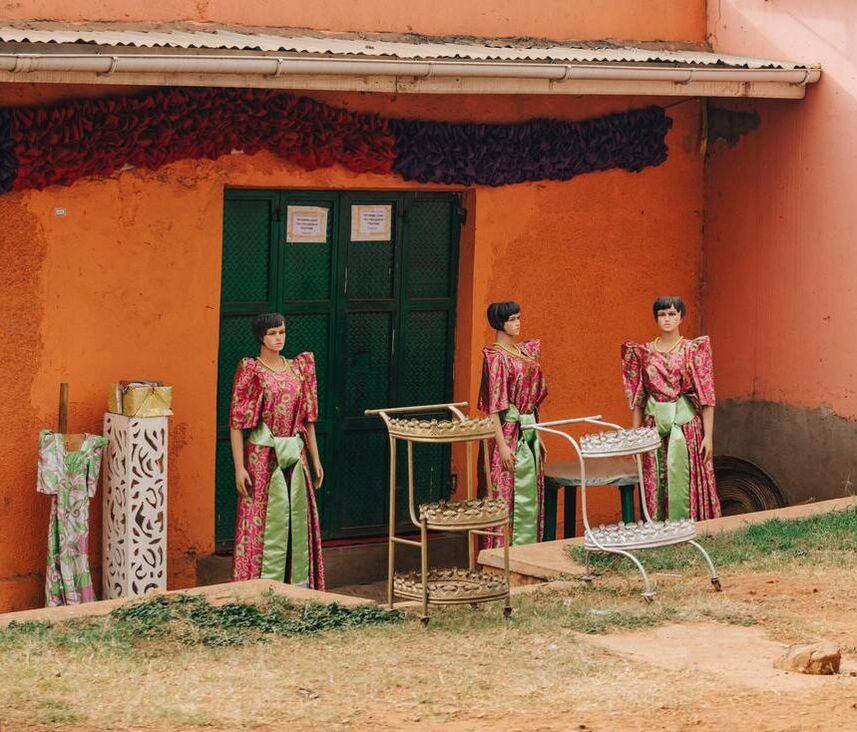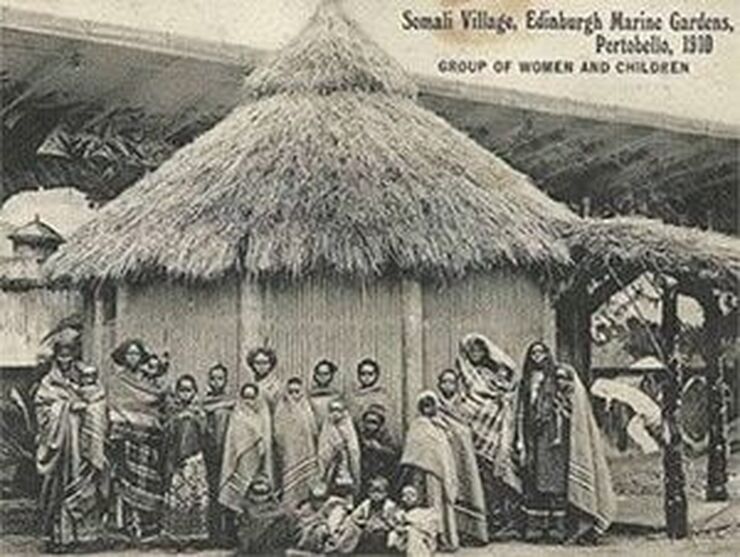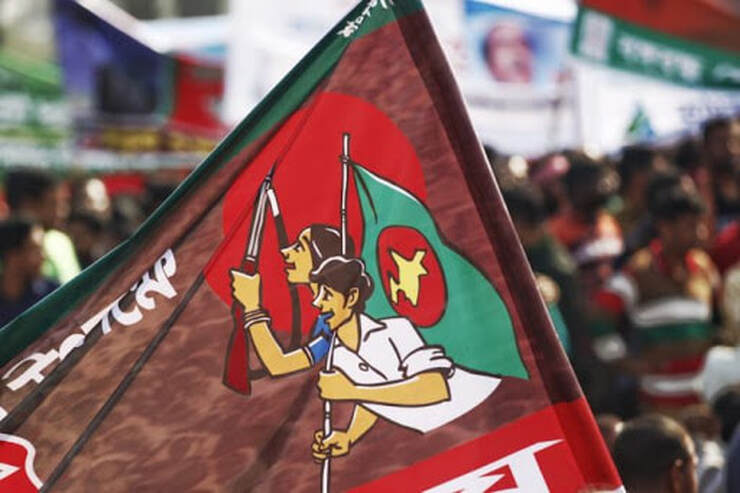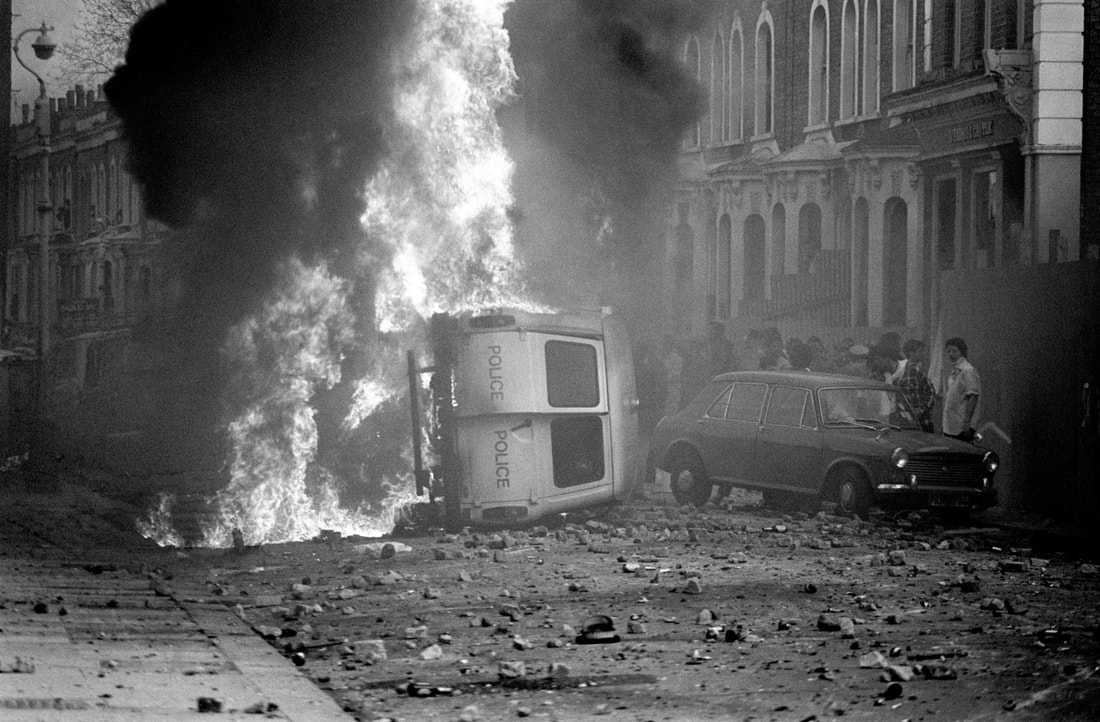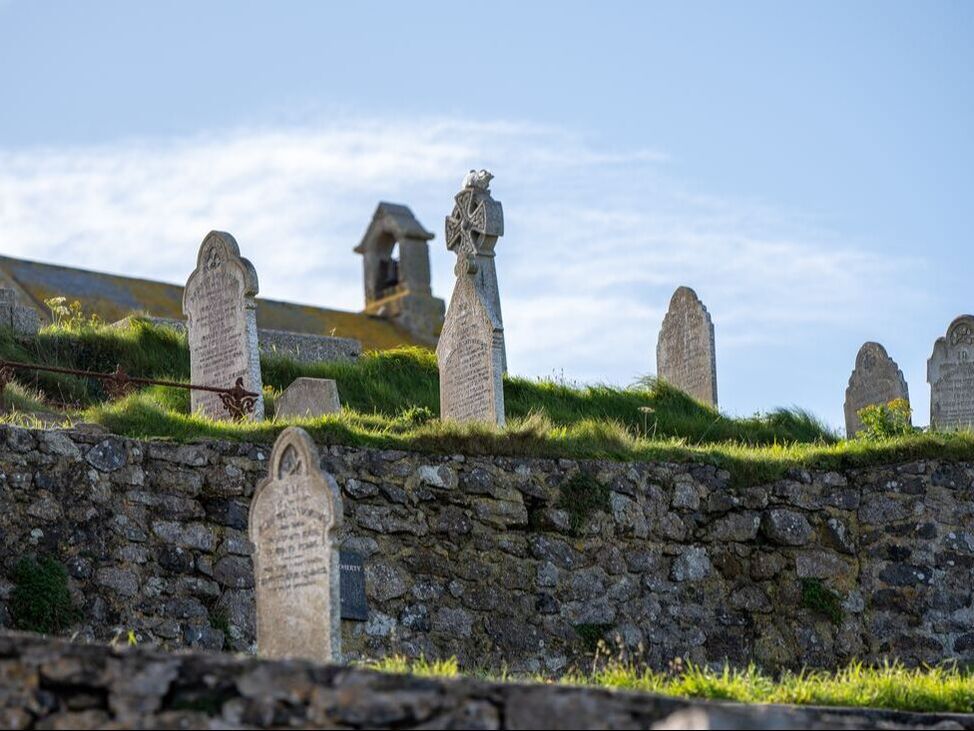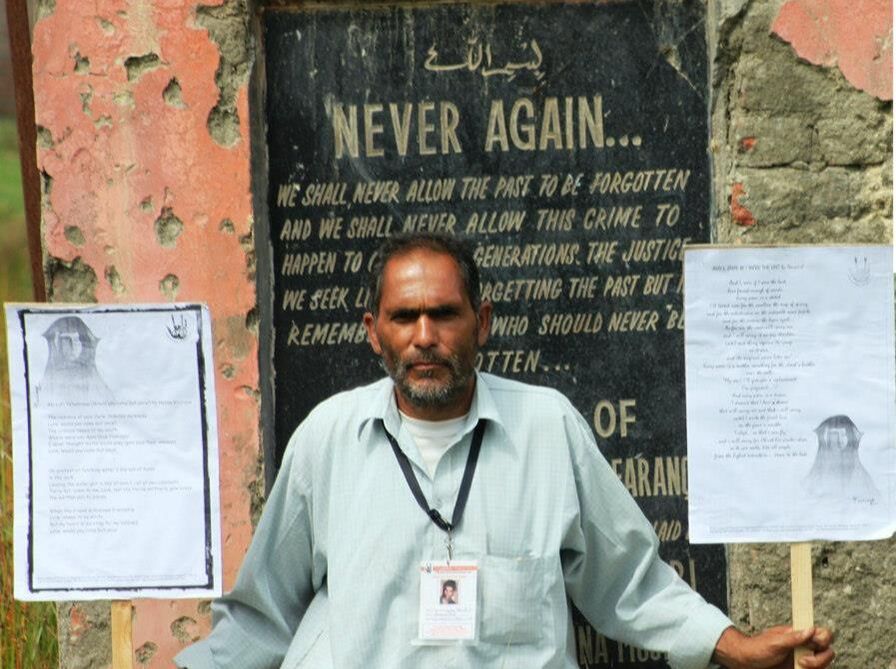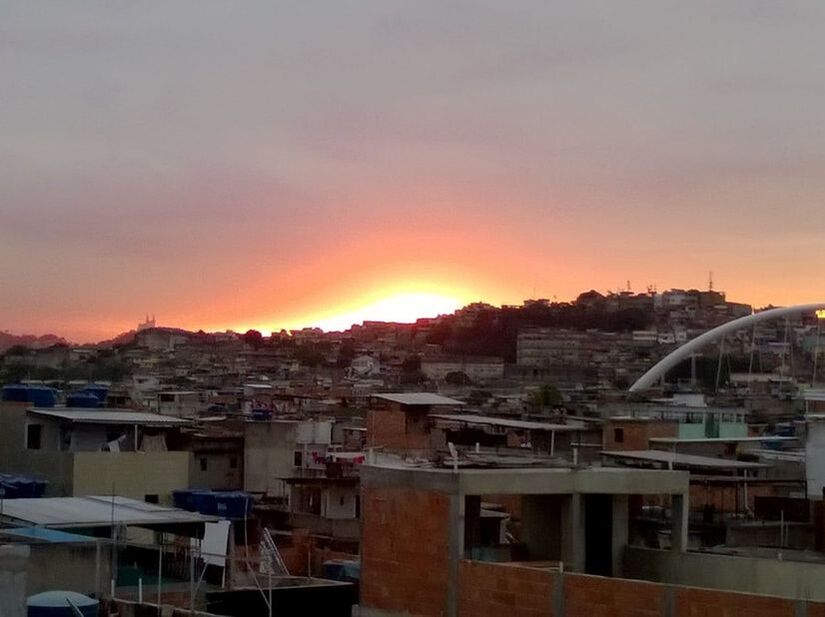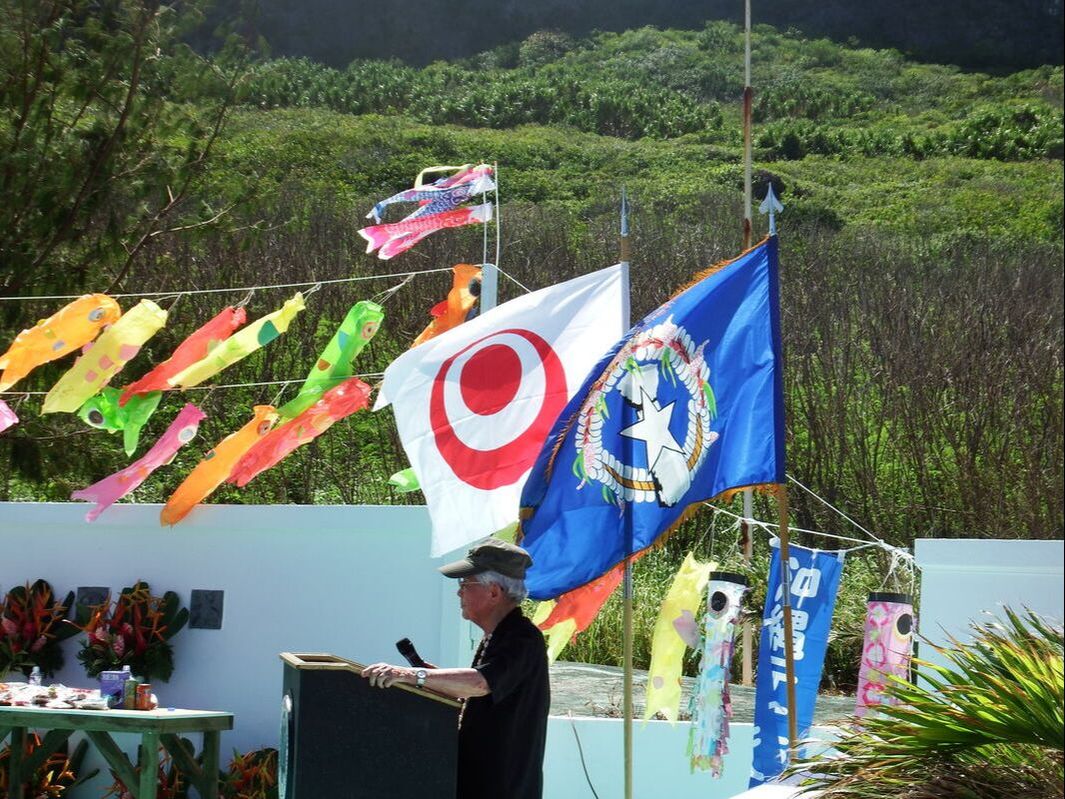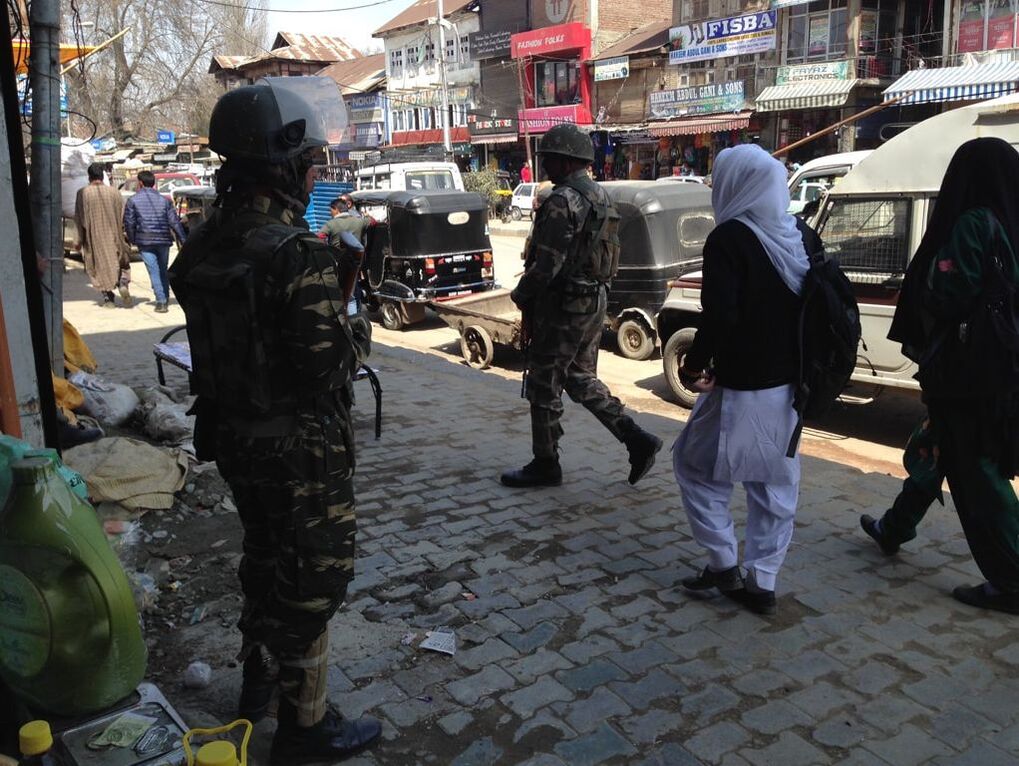|
|
|
Discussions of contemporary white supremacy are seemingly everywhere: the election of Donald Trump and the January 6th insurrection, the murder of George Floyd, Brexit, the rise of the Alternative Right and white supremacist violence, and the coordinated efforts to deny racism and not educate children about the history and contemporary reality of race. These loud and important flashpoints, however, can unintentionally obscure the wider function and embodiment of white supremacy. That it is global and interconnected, is about systems and structures of power and not individuals, often hides in plain sight, and does not need ‘white’ bodies to sustain its power and replication.
For over a decade I have travelled to collect field data on race, globalization, development and labour in different Global South geographies. Through these engagements similar patterns became clear: countries in the Global South were beholden to policies dictated by the Global North. National groups racialized as white, or that exhibited a proximity to whiteness, were typically in positions of political and economic power. Those racialized as Black, or represented a distance from whiteness, had the worst material conditions. These seemingly very apparent global racial inequalities were often understood, though, as not about racism but about economic development, skills, capabilities, culture – essentially, anything but race.
0 Comments
Cross-posted from British Sociological Association
How is history written and by whom? These are questions that have been raised with frequency across the decolonising movement and in particular, by the Cadaan Studies movement, which has focused on knowledge production relating to Somali people. Started in 2015 by Harvard doctoral candidate, Safia Aidid, the movement provides a framework through which to critique the role of whiteness and white privilege in shaping narratives about Somali people. The canonical work of Glaswegian-born I.M. Lewis has come under particular scrutiny not in the least due to his twin roles as anthropologist and administrator for the British colonialists in (then) British Somaliland in the 1950s. Yet whilst the colonialist activities of a Scotsman in Somalia shaped global discourses about Somali people, the narratives of Somali people in contemporary Scotland, many of whom now live in the same area of Glasgow in which Lewis was born, remain absent from local and transnational histories. We unravel and critique this absence. Today in Scotland, there is a Somali population of up to 4000 people. The population has grown in the main since 1999, following the state-enforced dispersal of asylum seekers to sites around the UK. Despite residing in Scotland for nearly two decades, the Somali population continues to be framed in these terms, considered ‘new’, as ‘migrant’; as without history prior to arrival in Scotland and without historical links to Scotland. These narratives obscure a much longer history of Somali people living in Scotland, and of Scotland’s relationship with Somalia.
In January 2019, the news broke that women ‘rescued’ by the British government’s Forced Marriage Unit (a joint Foreign and Commonwealth Office and Home Office initiative) were being made to pay for the costs of their protection. If they were unable to pay outright, they had to agree to sign up to a loan, usually in the region of £700, to cover the costs of food, flights and accommodation. Their passports were confiscated and held until the loan had been repaid in full (Guardian, 2 January 2019). There is much to be said regarding the implications of this policy in relation to the government’s vocal concern about coercive cultural practices, and the matter of the passport seized as collateral for an involuntary debt requires particular attention. In ‘saving’ women from being taken from the UK against their will, the state then ensures that they are unable to leave the UK.
The Forced Marriage Unit thus ‘liberates’ women from situations in which passports are routinely seized as a means of control (such as by family members attempting to prevent women from fleeing a forced marriage) by using precisely the same mechanism of immobilisation. Further, while British state institutions tend to present forced marriage as an adherence to (anachronistic) cultural norms, they also critique its underlying economic or practical motivations, with marriage to a UK national aiding in access to residency and citizenship. As such, forcing women into debt in order to avoid an unwanted marriage appears to collude with, rather than contest, the notion that a woman’s value is primarily financial: whether being forced into marriage or ‘rescued’ by the state, she must earn her keep.
The recent visit by Indian Prime Minister Narendra Modi to Bangladesh to attend celebrations marking 50 years since the birth of the country following the Liberation War in 1971 has drawn attention to the difficult task of building a nation on the back of a brutal and bloody civil war. At least four people were killed by police in the Bangladeshi city of Chittagong during a demonstration against Modi’s visit. Protesters from Hefazat-e-Islam Bangladesh, and counter protestors aligned with Bangladesh’s governing Awami League party, represent the central divide in Bangladeshi politics, between those who tie national identity to Islam and those who tie national identity to ethnicity and the Bengali language. This is a divide sometimes understood as one between those who ‘collaborated’ with the Pakistani military and those who participated in the independence struggle. On the Golden Jubilee of Bangladesh’s birth, this divide continues to shape Bangladesh’s political landscape today.
Using the case of the ‘Urdu-speaking minority’ in Bangladesh, my Identities article, ‘Displacement, integration and identity in the postcolonial world’, considered what the experience of minorities displaced during the Liberation War tells us about the Bangladeshi national imagination today. Their own voices, and the narratives of identity and integration in which they are situated, are revealing of the nature and boundaries of the nation state fifty years on from the country’s birth. Although the country remains divided around the role or significance of religion versus culture, and between those who ‘collaborated’ with the Pakistani military and those who participated in the independence struggle, there are older divides at work here too. Some of those who ended up on the wrong side of the Liberation War are accepted into the nation today. Here colonial narratives of ‘population’ versus ‘people-nation’, ‘community’ versus ‘citizen’ structure exclusion not only through narratives of the country’s foundation myth (as commonly assumed) but also through poverty and social space.
This article is based on a seminar on ‘Nationalist Populism and Postcolonial Responses’ with Sivamohan Valluvan chaired by Gurminder Bhambra at the BSA Postcolonial and Decolonial Transformations Study Group that took place on 18 February 2021.
Dominant multidisciplinary discursive frameworks, at this historical conjuncture, are structured by postcolonial common sense modes of thought that have been sculpted out of colonial and postcolonial nationalisms. Postcolonial common sense can be defined by a ‘grid of intelligibility’ (Macey 1978, 365) composed of ideas of separate communities with specific histories and cultural trajectories, distinct diasporas and regions, universal, transhistorical ethnic and religious categories and different forms of racism (Mamdani 2012; Stoler 2008). Academic narratives that reproduce postcolonial common sense do not demand explanation. They are not uncontested but they are understood by all. This can be illuminated by the need to carefully explain and defend interpretations which do not utilise common sense concepts and the taxonomies that they lead to.
Death is often thought to hold a special place in Irish culture, or even, for some anthropologists, to be indicative of a morbid fixation on the part of Irish people more generally. One academic has even stated that ‘the Irish death fixation… is a cultural fact that cannot be ignored’. Of course, we can easily dismiss such attempts to cast an entire people as possessing some essential, psychic quality as a heavy-handed failure to appreciate the diversity of attitudes and experience within a nation.
Nevertheless, death remains a feature of Irish political, social and cultural life even if it is not the primitive atavism that some might claim. The mobilisation of death in political ways is explored in my Identities article, ‘Racial capitalism, hauntology and the politics of death in Ireland’. One example of the politicisation of death can be seen in the document that proclaimed the birth of an independent republic in 1916. It stated that it was from ‘the dead generations’ that Ireland ‘receives her old tradition of nationhood’. The dead are mobilised in pursuit of an archetypically modern political project – the establishment of a democratic nation-state.
'Ayse wasv Dargah Brasvaareye Shabas Asye Mangove Rabas Azadi’ ('We will go to the Hazratbal Shrine on the auspicious Thursday night, we shall pray for our Freedom').
For someone growing up in Kashmir during the time that the 1989 uprising broke out, this song was all too familiar. Witnessing and participating in Azadi rallies in which men, women and children would gather in huge numbers singing and chanting such verses turned the rallies festive. The young generation in 1989 that was moving out for studies in different cities of India saw that in the dominant discourse the 1989 uprising was being portrayed as religious fundamentalism and terrorism. In addition, both scholarly and popular discourse on Kashmir was by and large overshadowed by the Indian and Pakistani national narratives. The regulated access to Indian archives buttressed the official narrative on Kashmir’s past that described the 1989 uprising as an outcome of the grievances that people of the region had vis-à-vis the governance. In this narrative, the aspirations for self-determination and the cyclic collective expressions of right to self-determination in the form of huge Azadi rallies were dubbed as incitation by the Pakistani state.
Eating took central stage in my research a few months in to my year of fieldwork in a Rio de Janeiro favela. Favelas are complex social areas, wherein the history of colonisation and slavery intersect with the present of extreme socio-economic inequality. There also exist the violence of the drug trade, and of highly controversial policing programmes. So you may ask: of all the things to speak of, why eating? Eating is a method, enabling pathways for the self to grow, and to become.
In my Identities article, ‘Eating bodies, growing selves in a Brazilian favela’, I argue that eating can be used as an active attempt at asserting agency over one’s body and, by extension, subjectivity in a lifeworld open to multiple dimensions of uncertainty and insecurity. Nonetheless, my interlocutors’ relationship to food and eating could also be ambivalent. Eating can pose constraints on subjectivity, and set the stage for the unfolding of problematic kin, gender and post-colonial relationships.
In 2014, at his house located in central Okinawa, Kiyoshi Takamiyagi reminisced about his childhood in Saipan, the former mandate territory of Imperial Japan, today the main island of the Commonwealth of the Northern Mariana Islands (CNMI), a US unincorporated territory. Takamiyagi was born and raised in Saipan as a son of a colonial migrant worker on a sugarcane plantation. He spoke about the social hierarchy in the colony, where the Japanese government officials and corporate executives were regarded as first-class citizens (ittō kokumin), Okinawans and Koreans as second-class citizens (nitō kokumin) and the indigenous islanders as third-class citizens (santō kokumin). He then tearfully recalled his family’s suffering during the Battles of the Marianas in 1944, in which some 44,000 Japanese soldiers, 10,000 Japanese civilians (more than half of whom were Okinawans) and an estimated 1,000 Koreans and indigenous islanders were killed. During the battle, Takamiyagi, then a young boy, witnessed the brutal firebombing deaths of his father, younger brother and two younger sisters. The 82-year-old man then caught me by surprise: 'I loved Saipan. I miss Saipan. In fact, I have visited there four times, most recently three years ago' (Takamiyagi 2013, interview).
In 2013, I visited the home of Marta Diaz Muna-Mendiola, an indigenous islander in her late 80s, in Saipan. She shared her childhood memories during the Japanese mandate era, which the locals call ‘Japan time’. She went to Japanese government-run public schools for indigenous islanders, where she learned the Japanese language, sewing, abacus, farming and vocational skills. Muna-Mendiola sprinkled her responses in English and the indigenous Chamorro language with clearly enunciated Japanese words – rattling off the names of Japanese-owned stores she frequented as a child and her Japanese homeroom teacher’s name – and broke into singing Japanese children’s songs. Every time I asked her about her childhood under Japanese rule, she insisted, in Japanese: 'It was great [yokatta desuyo] … We experienced no hardship [Kurou shinakatta desuyo]' (Muna-Mendiola 2013, interview).
'They can either free us or finish us, once and for all!' an elderly woman told me in 2015 at a small protest gathering in Srinagar, the capital of Indian-controlled Kashmir. The woman had joined her neighbours at a local district official’s office to demand the removal of a military bunker from their neighbourhood. For the previous twenty-five years, the bunker had been a threatening presence in their neighbourhood. The soldiers stationed inside monitored public movement closely and violently enforced the ever-shifting rules of mobility, especially during curfews, when government arbitrarily closed down entire towns and cities. The soldiers didn’t hesitate to beat up, detain or even shoot at civilians seen out walking on the streets during curfews.
The Kashmiri protestors knew well that the local official they were meeting with their appeal had no power to remove the bunker. But there was nowhere else to protest, for those who possessed real power and made decisions that profoundly affected the lives of ordinary Kashmiris — the higher echelons of the Indian political, bureaucratic and military establishment — were furthest from these everyday sites of anxiety and fear in Kashmir. Since 1990, when Indian military were given emergency powers in the region to curb the popular pro-independence movement, Kashmir had come to resemble an occupied zone. The woman’s words reflected a deep sense of claustrophobia felt by many Kashmiris, especially the youth, who have seen public spaces in the region being taken over by the Indian forces.
'First, I'll need tenure. And a big research grant. Also access to a lab and five graduate students — at least three of them Chinese.'
- Professor Ogden Wernstrom, Physicist Those are Professor Ogden Wernstrom’s demands when asked to save the Earth from a giant garbage ball approaching through space in the Futurama episode, A Big Piece of Garbage. Portrayed as an obvious antagonist, Wernstrom seems greedy and exclusively concerned with his own career advancement. He also seemingly regards grad students as just another commodity to further his own goals, with Chinese students as particularly valuable or useful assets. This specific view on Chinese researchers as not much more than pricey pieces of high-tech equipment was provided by a cartoon villain 20 years ago, but it arguably still falls into the questionable category of 'it’s funny because it’s true': it indeed resonates with prejudices that extend beyond the Futurama universe and into real-world academic discourse. |
|
Explore Identities at tandfonline.com/GIDE |
|
The views and opinions expressed on The Identities Blog are solely those of the original blog post authors, and not of the journal, Taylor & Francis Group or the University of Glasgow.
